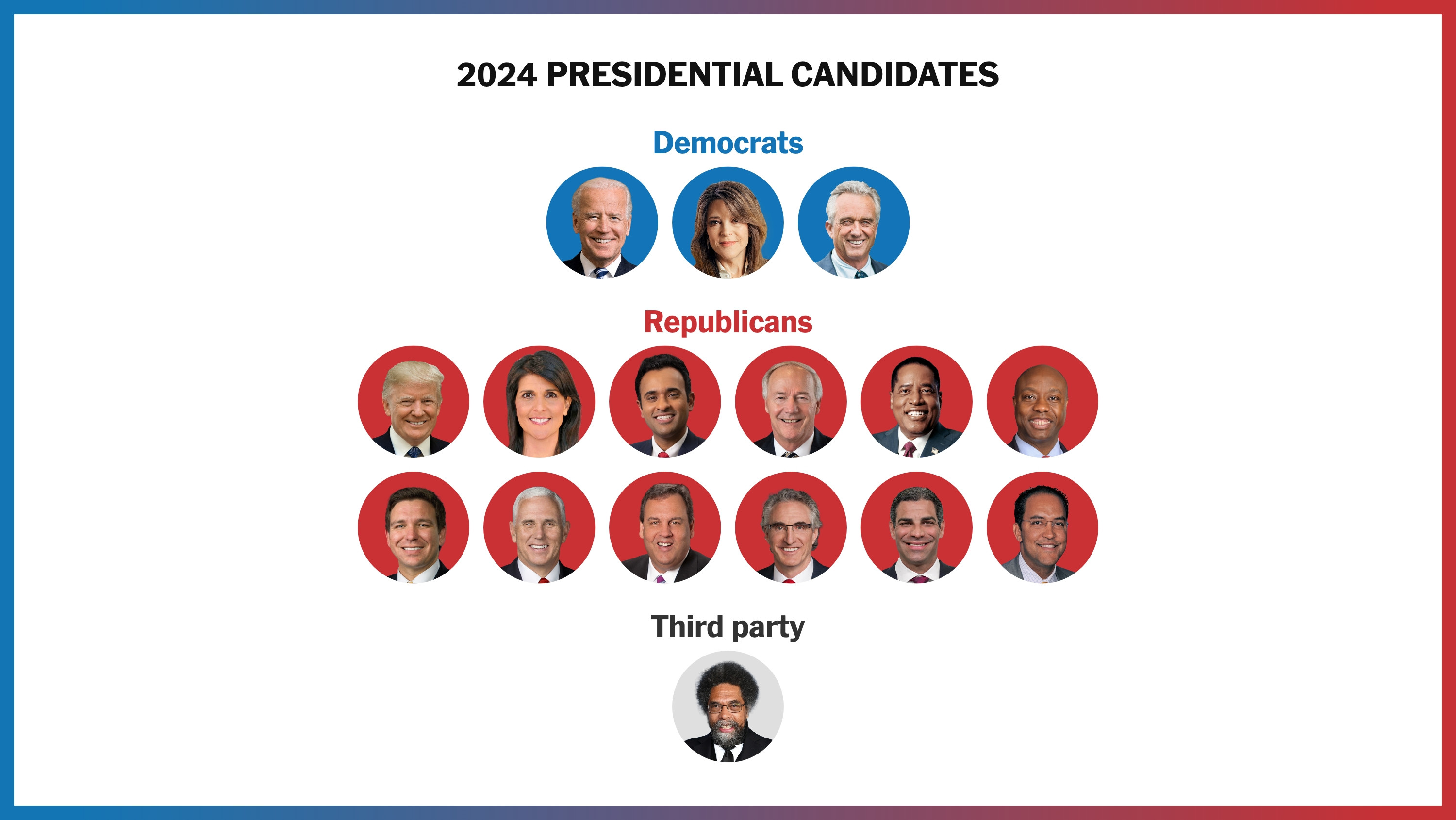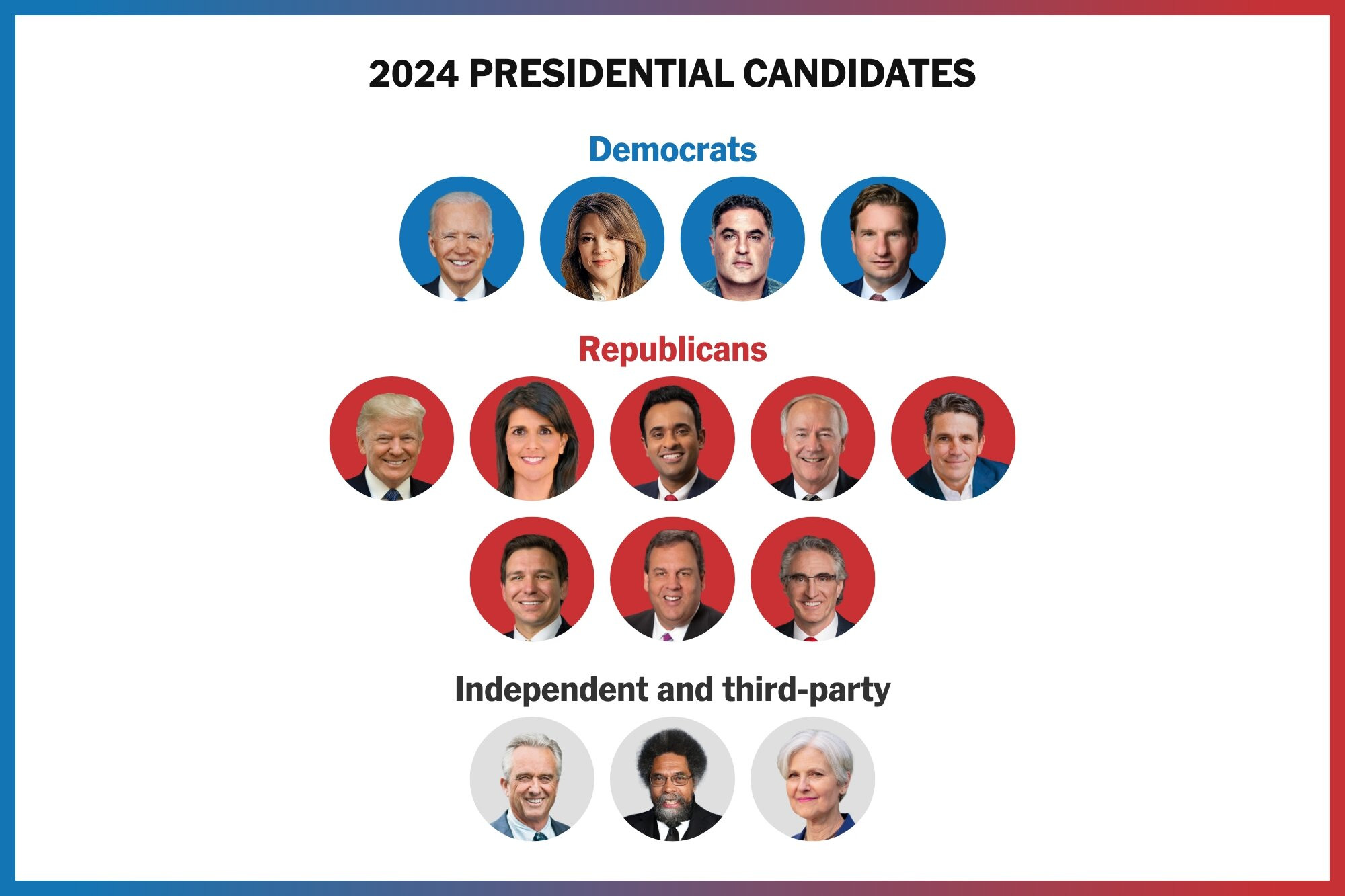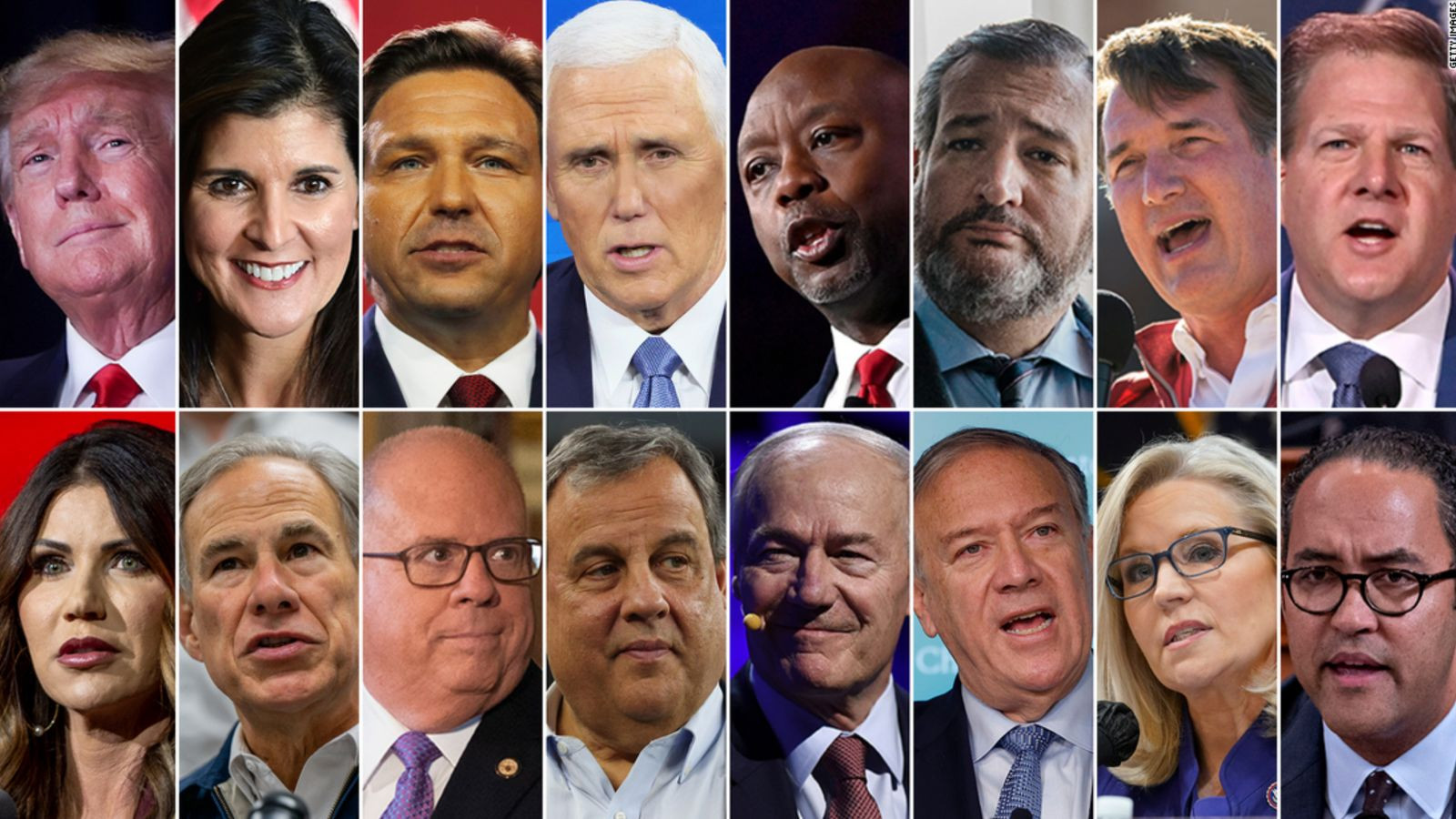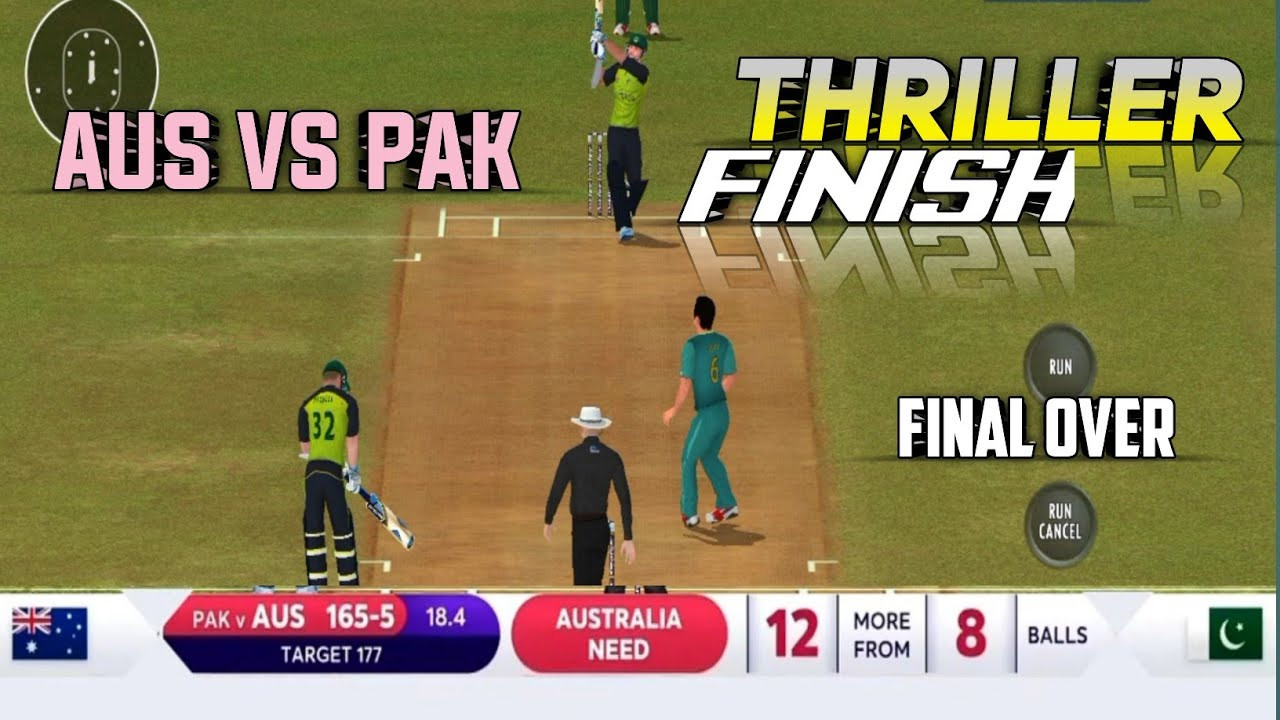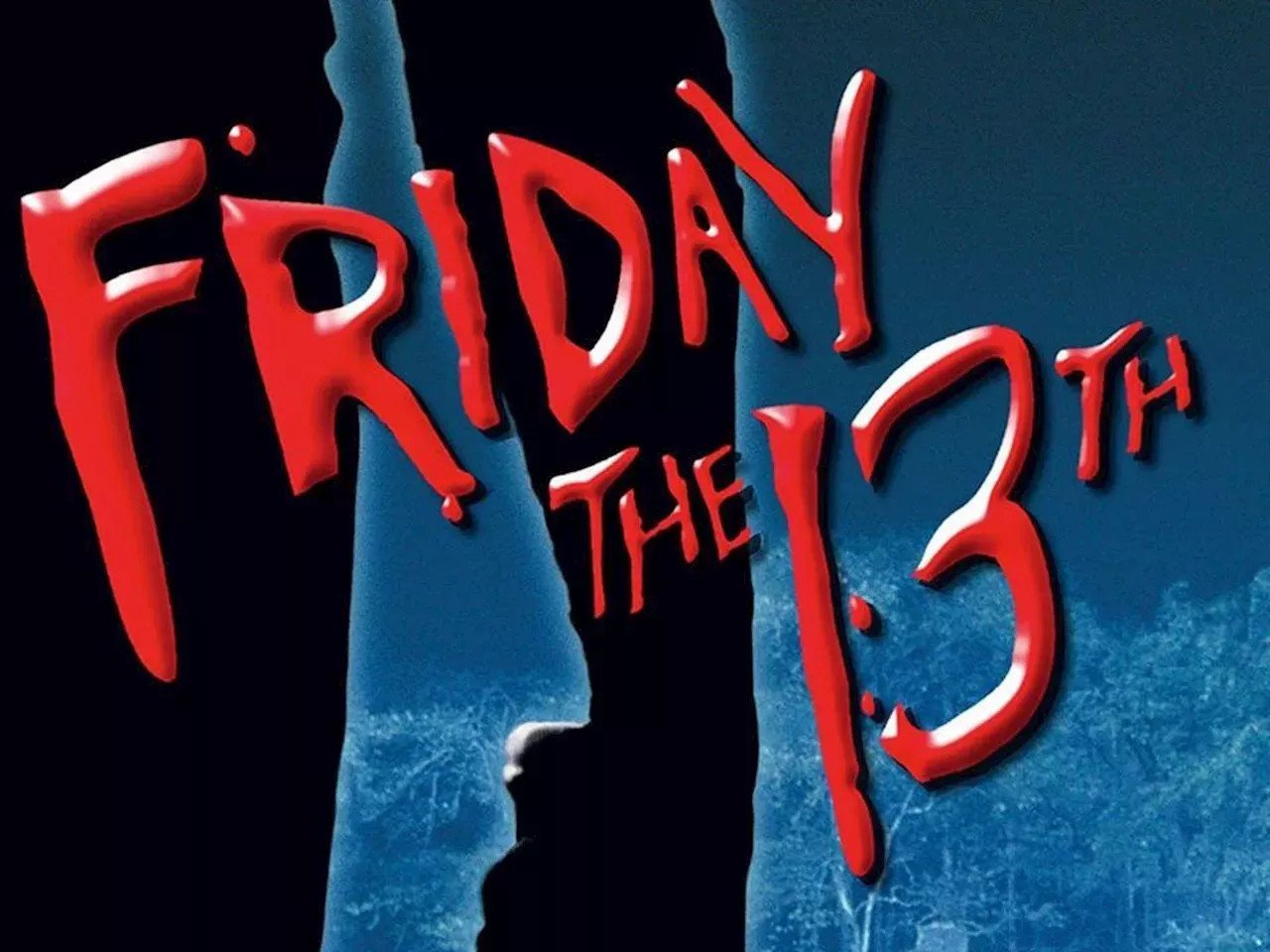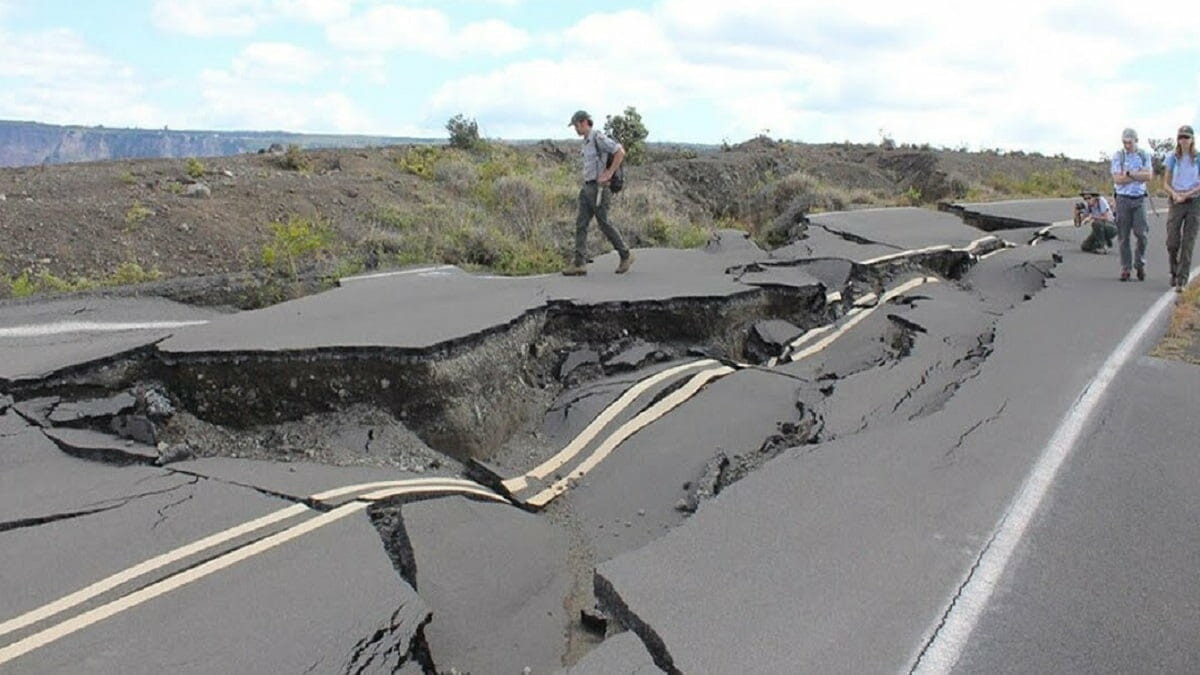The US presidential race is entering its final weeks after a turbulent campaign. The economy, immigration, and abortion have taken center stage as the issues that the candidates—Democratic Vice President Kamala Harris and Republican former president Donald Trump—and US media outlets have emphasized. The existential threat of nuclear war has received only brief and tangential attention. But the next president will be confronted with a highly challenging security environment and a daunting array of new and continuing nuclear risks.
The use of nuclear weapons becomes more likely as the Russia-Ukraine war drags on. Growing tensions among China, Russia, and the United States and the collapse of the nuclear arms control regime create the prospect of an unrestrained arms race between the three nuclear superpowers. The war in Gaza and the resulting face-off between Israel and Iran could lead to unabashed nuclear proliferation in the Middle East. And China’s growing regional ambitions and North Korea’s increasingly aggressive behavior worry other East Asian countries that wonder about the credibility of the US security guarantees and increasingly express interest in possessing nuclear arsenals of their own.
As a service to citizens and the journalists who will cover the final weeks of the campaign, we asked leading nuclear policy experts to suggest questions that the presidential candidates should be asked about the nuclear threat and how best to reduce it. The commentaries below provide a framework for assessing the strategic plans of the two candidates for moving the world away from nuclear catastrophe. If such plans exist.
Presidential Launch Authority
Reflecting on the fact that the president of the United States has the sole authority to order the use of nuclear weapons at any time, former Vice President Dick Cheney stated in 2008 that “[the president] could launch the kind of devastating attack the world has never seen. He doesn’t have to check with anybody. He doesn’t have to call the Congress; he doesn’t have to check with the courts.” While they would almost certainly seek counsel, under current policy, the president is not required to get approval from anyone else before using nuclear weapons in a way judged to be legal by the Pentagon. Elected officials are rarely eager to place constraints on their own authority, yet a democratic system of government requires checks and balances on executive power.
Sole Authority
The US president’s nuclear launch authority is a complex and controversial topic. The sole authority of the president to order the use of nuclear weapons has been a point of contention for decades. Some argue that it is necessary to ensure a rapid and decisive response to a nuclear attack, while others argue that it is too dangerous to place this much power in the hands of one person. The issue of sole authority is likely to be debated in the 2024 presidential election, as candidates are asked to articulate their views on nuclear weapons policy.
The Next Nuclear Arms Race
The United States, Russia, and China are all pursuing new or modernized strategic systems and are exploring how to use new technologies to gain an edge in strategic competition. Current plans for the US arsenal are sized to comply with the 2011 New Strategic Arms Reduction Treaty (New START) between the United States and Russia, which expires in early 2026. If the treaty is not extended or replaced, for the first time in decades no legal limits will be in place on the strategic forces of either country. Meanwhile, though its arsenal remains much smaller than those of the two Cold War superpowers, China has expanded its nuclear forces and may continue to do so. With arms control a seemingly distant prospect given the deteriorating geopolitical environment, some US policymakers are calling for the United States instead to begin the first major expansion of its nuclear arsenal since the end of the Cold War. However, little attention has been given to how potential adversaries to the United States would respond to such a buildup and no explanation has been provided as to how it would be consistent with the legal obligation to pursue nuclear disarmament.
Preventing the Next Arms Race
The potential for a new nuclear arms race is a major concern for many experts and policymakers. With the expiration of New START looming, the United States and Russia are at a crossroads. Will they choose to extend the treaty and continue to reduce their nuclear arsenals, or will they embark on a new arms race? The decisions made by the next US president will have a profound impact on the future of nuclear weapons.
Disruptive Technologies
Emerging technologies, such as artificial intelligence, automation, and other cyber technologies; precision long-range conventional weapons; and cheaper and more capable space technologies are increasingly being incorporated into strategic systems, potentially creating poorly understood risks or compressing timescales for decision making. Disinformation techniques can create or amplify misperceptions and potentially lead to deadly mistakes or escalation.
Technological Risk
Technology is a double-edged sword. While it can be used to improve our lives, it can also be used to create new risks. The development of artificial intelligence, for example, has raised concerns about the possibility of autonomous weapons systems that could make life-or-death decisions without human intervention. The rapid pace of technological development poses new challenges for nuclear weapons policy. The next president will need to be aware of these challenges and take steps to mitigate the risks.
International Norm Against Nuclear Use
In January 2022, the United States joined Russia, China, the United Kingdom, and France in reaffirming that “a nuclear war cannot be won and must never be fought.” Weeks later, Russia invaded Ukraine. When Russia struggled to prevail on its preferred terms, the Kremlin issued numerous threats of nuclear escalation. The continuing war in Ukraine, together with the rising tensions between the United States and China over Taiwan, increase the risk of nuclear use—and nuclear war.
The Inviolability of the Norm
The international norm against the use of nuclear weapons is a cornerstone of global security. The fact that Russia has made nuclear threats in the context of its war in Ukraine is a grave concern. The norm against nuclear use is a fragile one, and it is important for the United States to continue to uphold it. The next president must make clear that the United States will never use nuclear weapons first and will work to prevent the proliferation of these weapons.
Exposed Communities
The development of the US nuclear arsenal included activities such as uranium mining, production of fissile materials, and atmospheric nuclear testing which exposed many communities, often without their knowledge or consent, to radiation and harmful materials. The exposed populations are often Indigenous, people of color, veterans, low-income, and rural, and frequently face significant obstacles to receiving adequate health care. Programs like the 1990 Radiation Exposure Compensation Act (RECA) provide some compensation to some of those affected, but many have been left out.
Compensation for Exposed Communities
The legacy of nuclear weapons development has had a devastating impact on many communities around the world. The United States has a moral obligation to provide adequate compensation and healthcare to those who have been exposed to radiation and other harmful materials as a result of nuclear weapons production and testing. The next president must commit to addressing the needs of these communities and ensuring that they receive the support they deserve.
Whose Finger Do You Want on the Button?
These are some very relevant and timely questions. The presidential candidates should be explaining their stances on the nuclear threat and how they plan to reduce it. The next president will have a critical role to play in shaping the future of nuclear weapons. The decisions they make will have a profound impact on the safety and security of the world.




